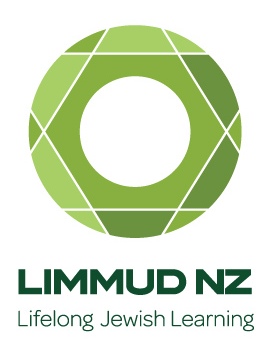
The treaty between Israel and the United Arab Emirates is a big deal.
President Trump announces the Israel-UAE agreement with, from left to right, senior adviser Jared Kushner, Treasury Secretary Steven Mnuchin and National Security Adviser Robert O’Brien, Aug. 13, 2020. (Brendan Smialowski/AFP via Getty Images)
The UAE is a Muslim kingdom in the Persian Gulf made up of seven smaller entities, called emirates, with huge oil and natural gas reserves. Its metropolis, Dubai, is a wealthy city known as a commercial center for the region. The country borders Saudi Arabia and is only dozens of miles across the water from Iran. It has a tiny Jewish community.
It becomes only the third Arab nation to establish official ties with the Jewish state. In addition to trade, tourism and other exchanges, the treaty means the two countries can collaborate on treatment for the coronavirus and countering the influence of Iran, a shared nemesis.
That makes Iran a likely loser in this deal. The dealmakers are, of course, likely winners.





Speak Your Mind